Catholic Borderlands: Mapping Catholicism onto American Empire, 1905-1935
In 1905 Rev. Francis Clement Kelley founded the Catholic Church Extension Society of the United States of America. Drawing attention to the common link of religion, Kelley proclaimed the Extension Society's duty to be that of preventing American Protestant missionaries, public school teachers, and others from separating people from their natural faith, Catholicism. Though domestic evangelization was its founding purpose, the Extension Society eventually expanded beyond the national border into Mexico in an attempt to solidify a hemispheric Catholic identity. Exploring international, racial, and religious implications, Anne M. Martinez's Catholic Borderlands examines Kelley's life and actions, including events at the beginning of the twentieth century that prompted four exiled Mexican archbishops to seek refuge with the Archdiocese of Chicago and befriend Kelley. This relationship inspired Kelley to solidify a commitment to expanding Catholicism in Mexico, Puerto Rico, and the Philippines in response to the national plan of Protestantization, which was indiscreetly being labeled as "Americanization." Kelley's cause intensified as the violence of the Mexican Revolution and the Cristero Rebellion reverberated across national borders. Kelley's work with the U.S. Catholic Church to intervene in Mexico helped transfer cultural ownership of Mexico from Spain to the United States, thus signaling that Catholics were considered not foreigners but heirs to the land of their Catholic forefathers.
{{comment.content}}
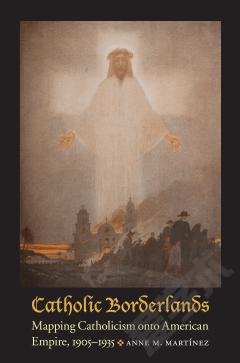
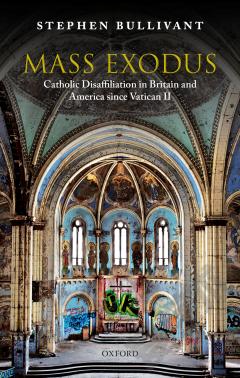
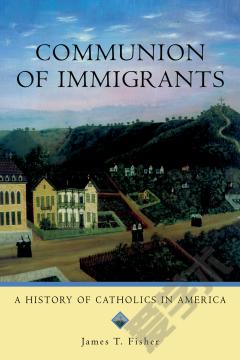

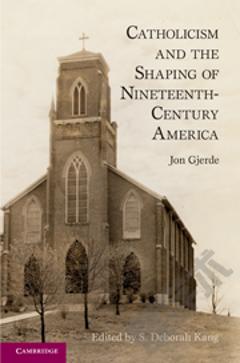
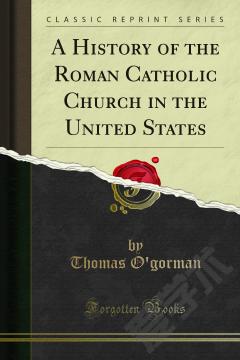
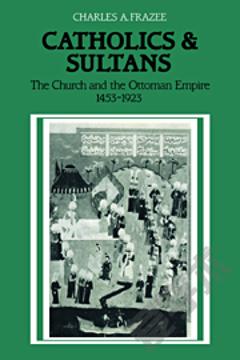

 京公网安备 11010802027623号
京公网安备 11010802027623号